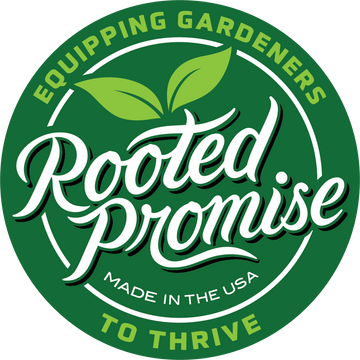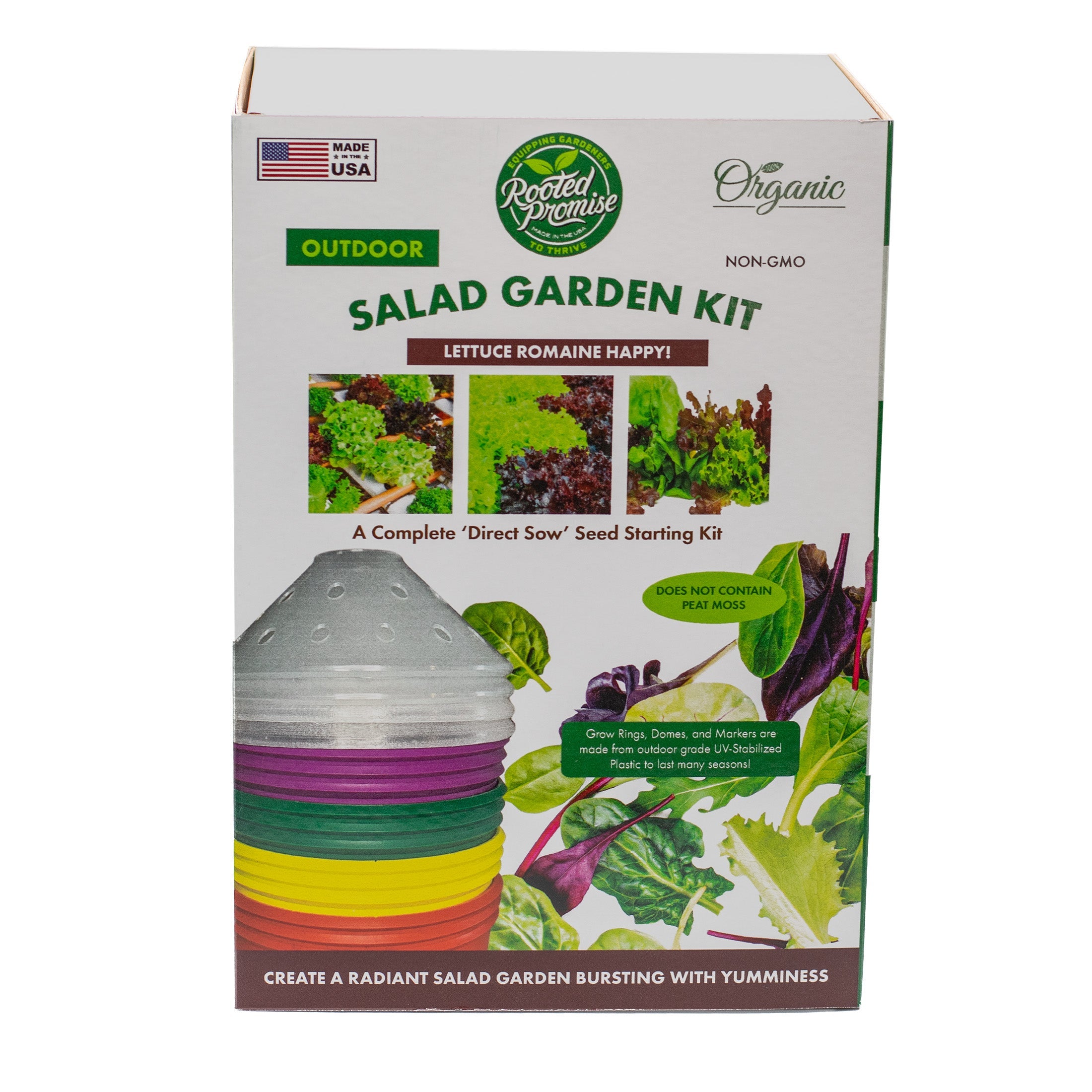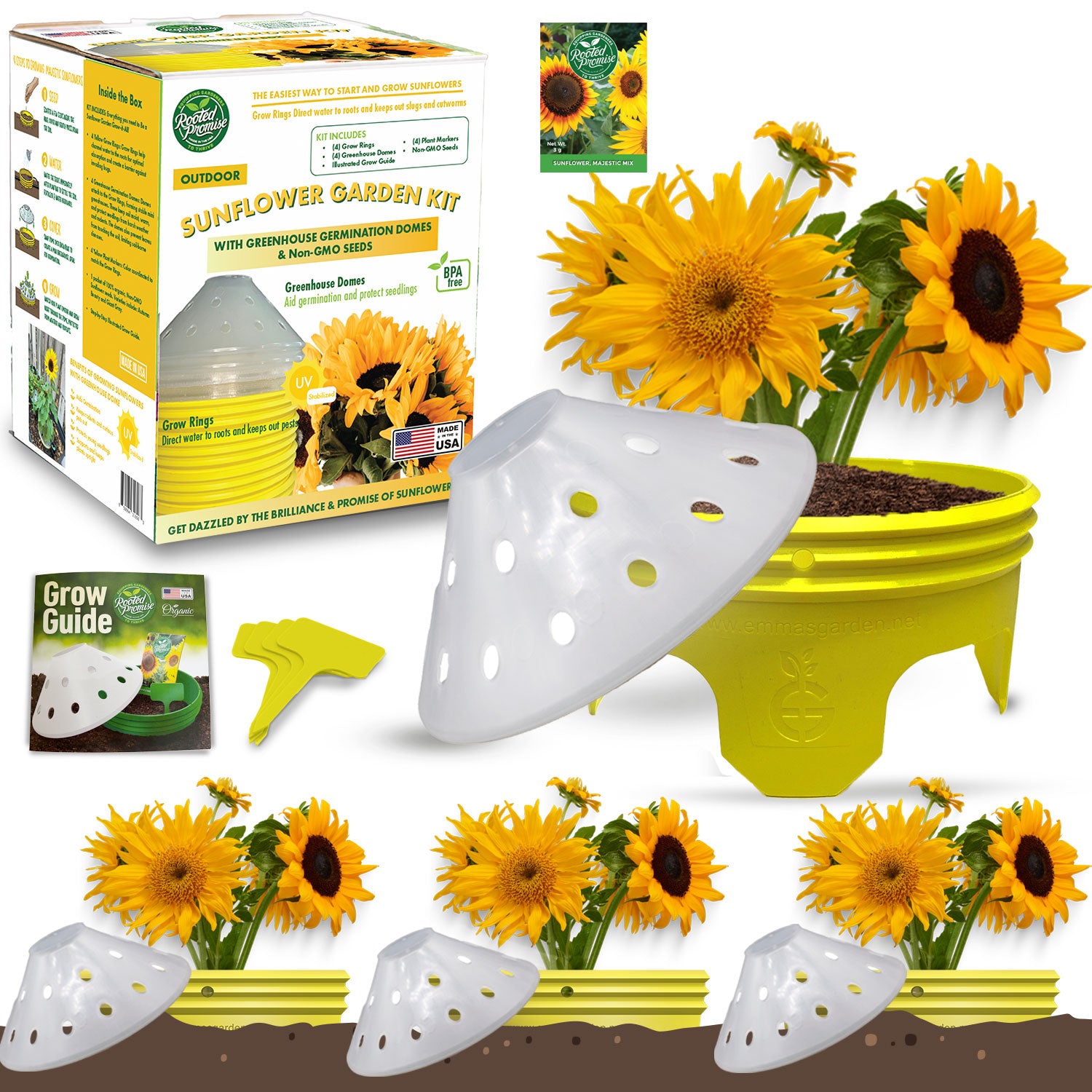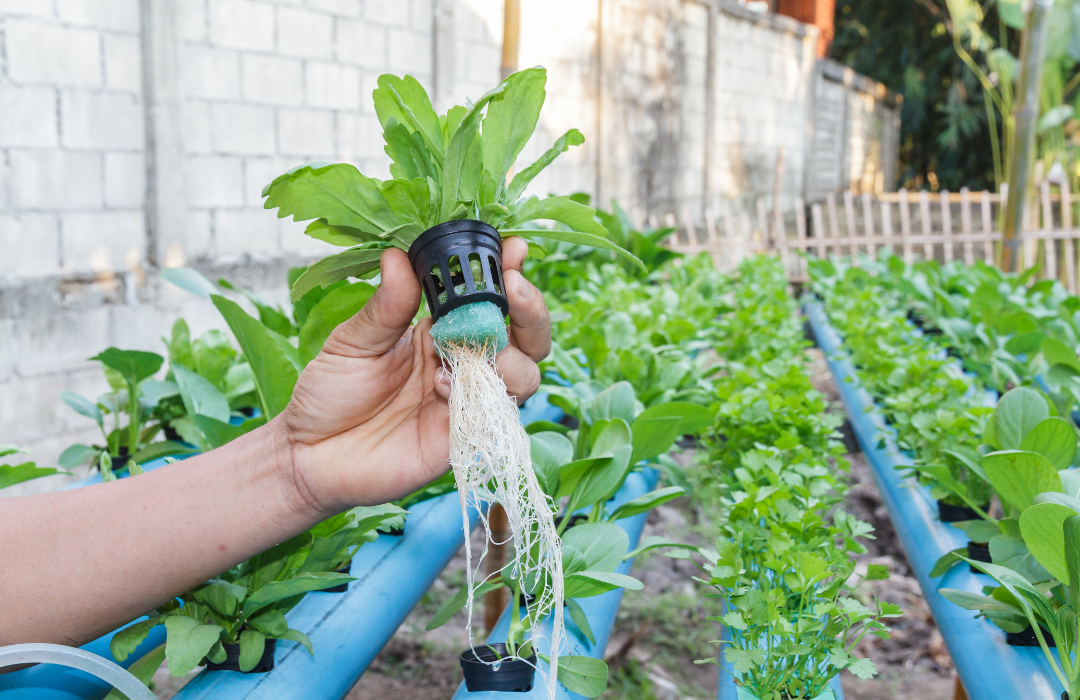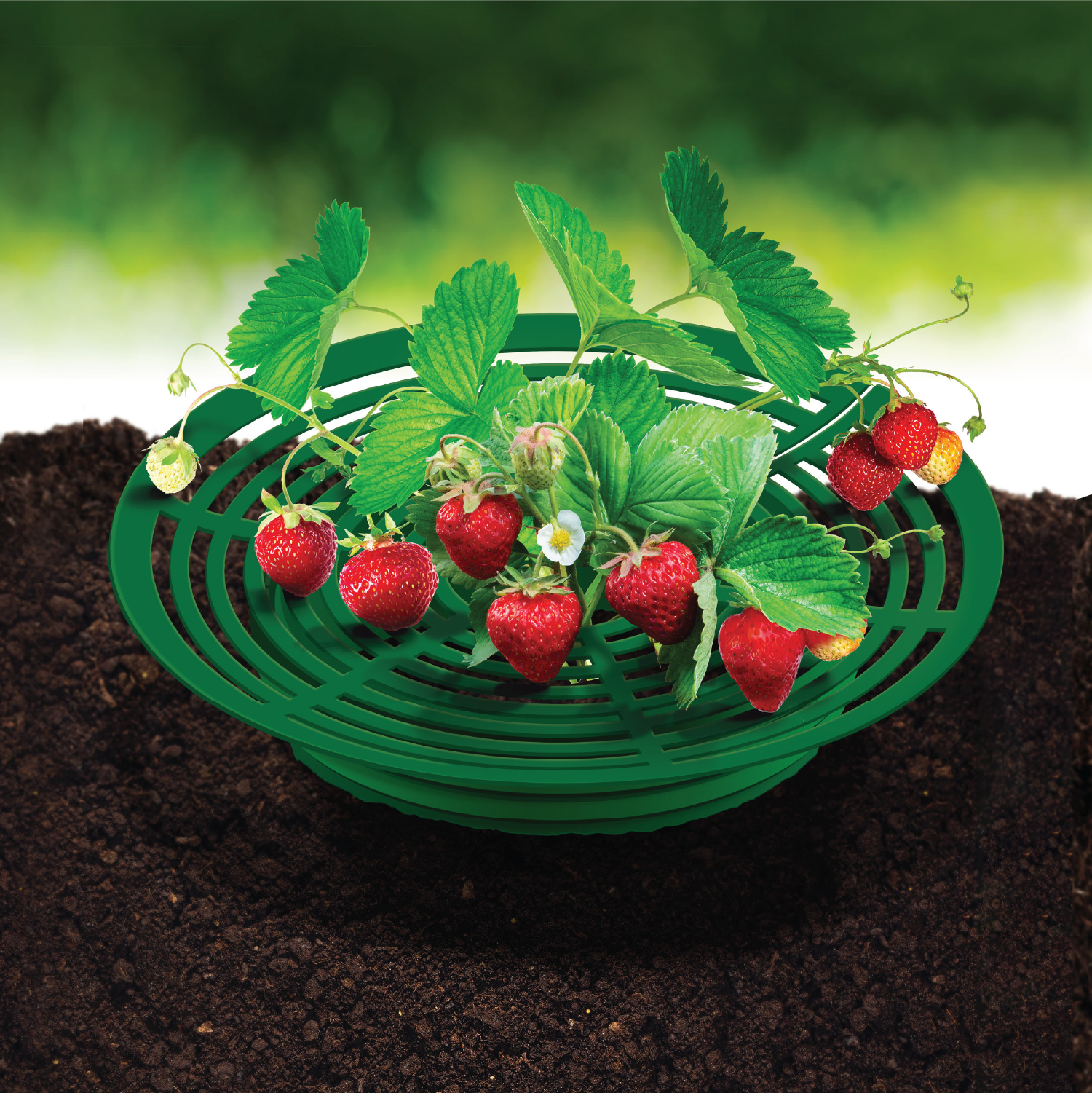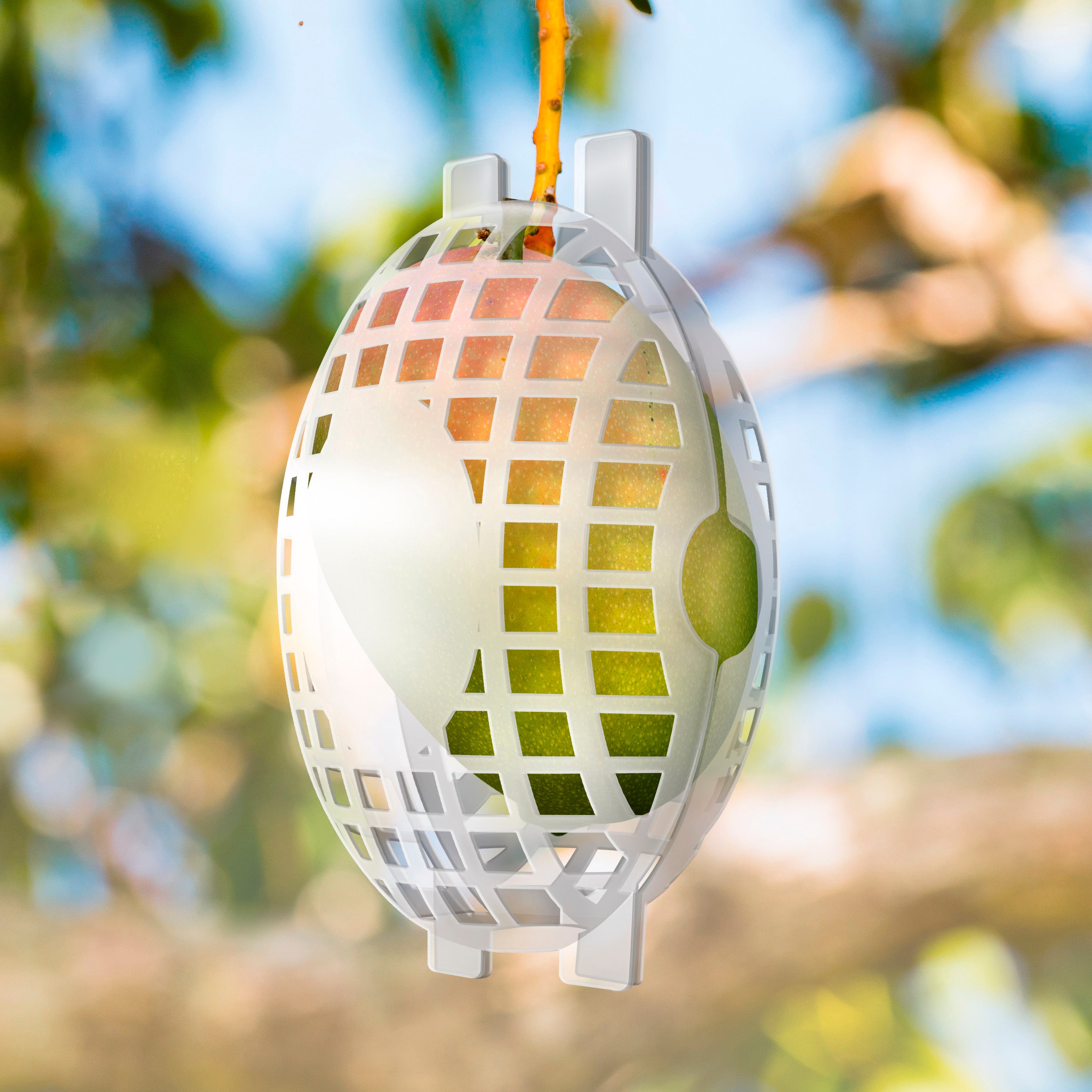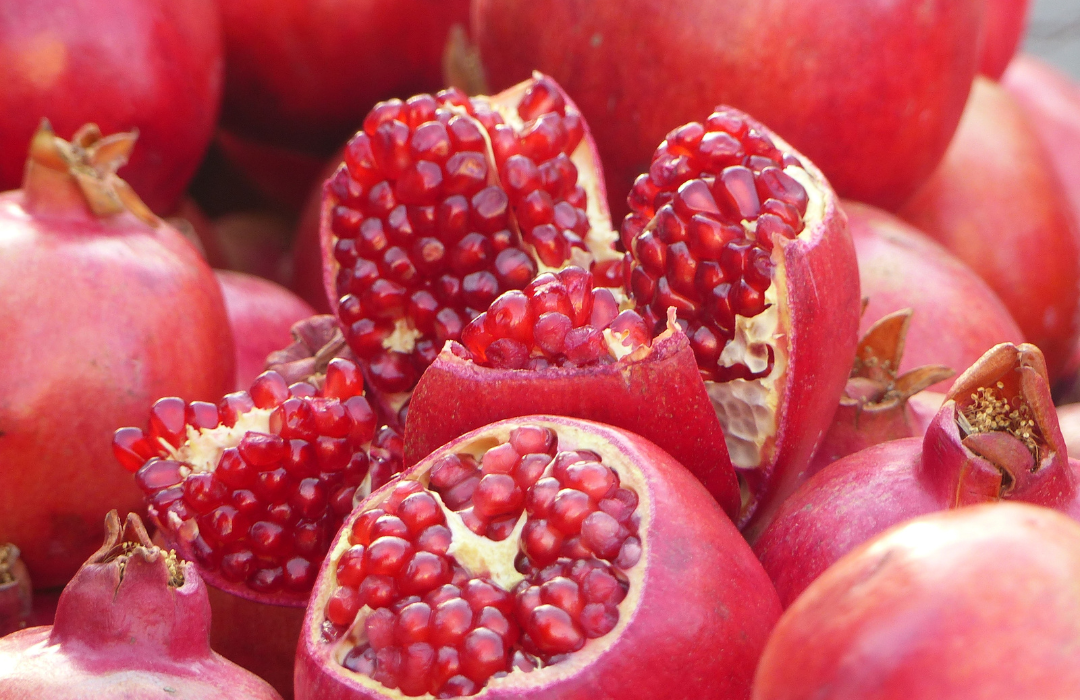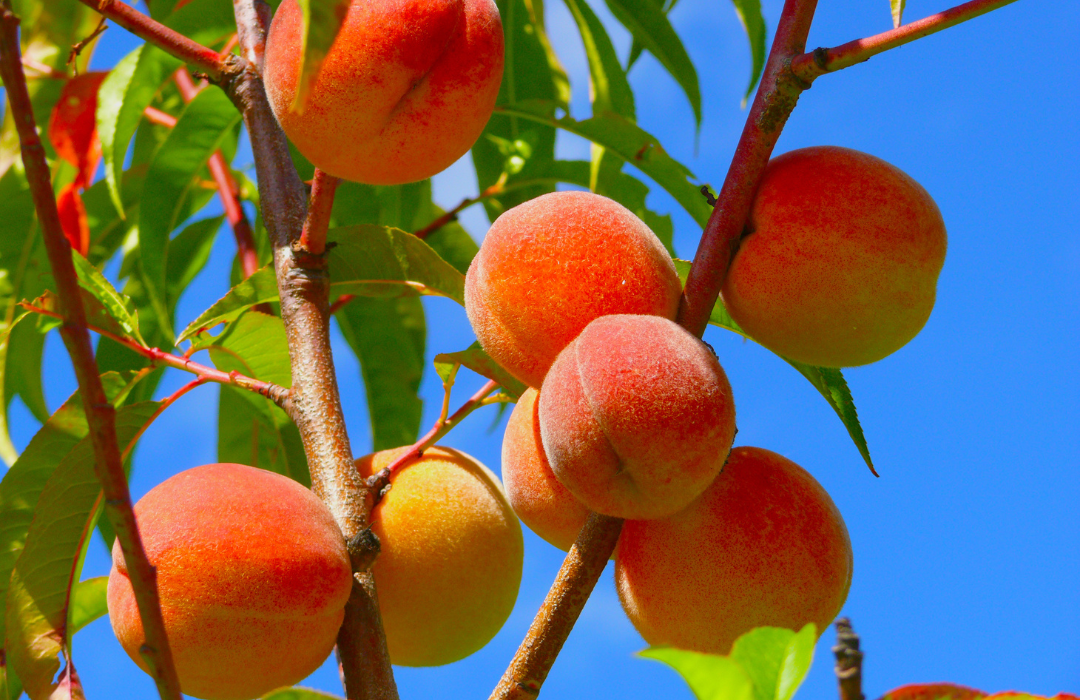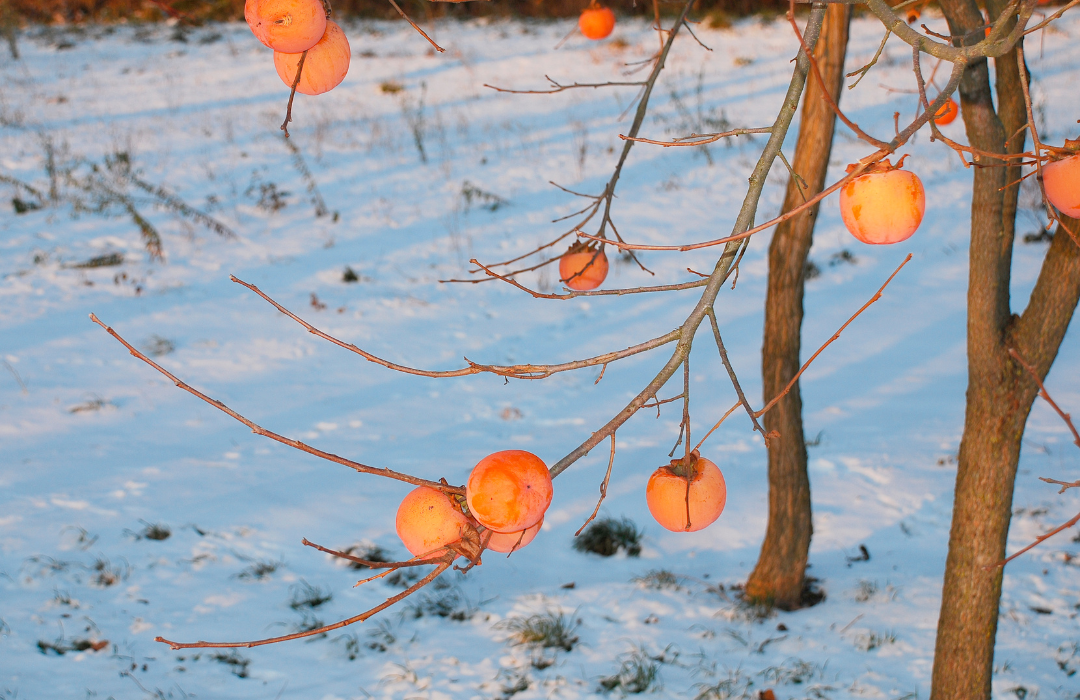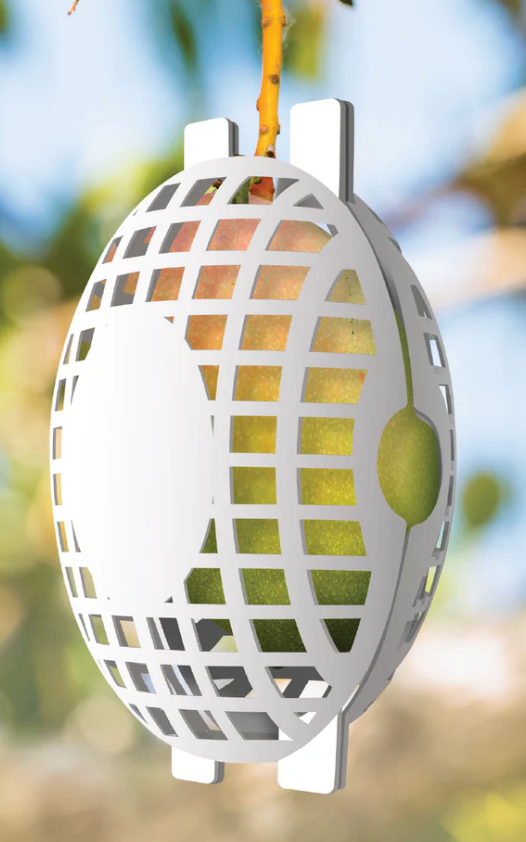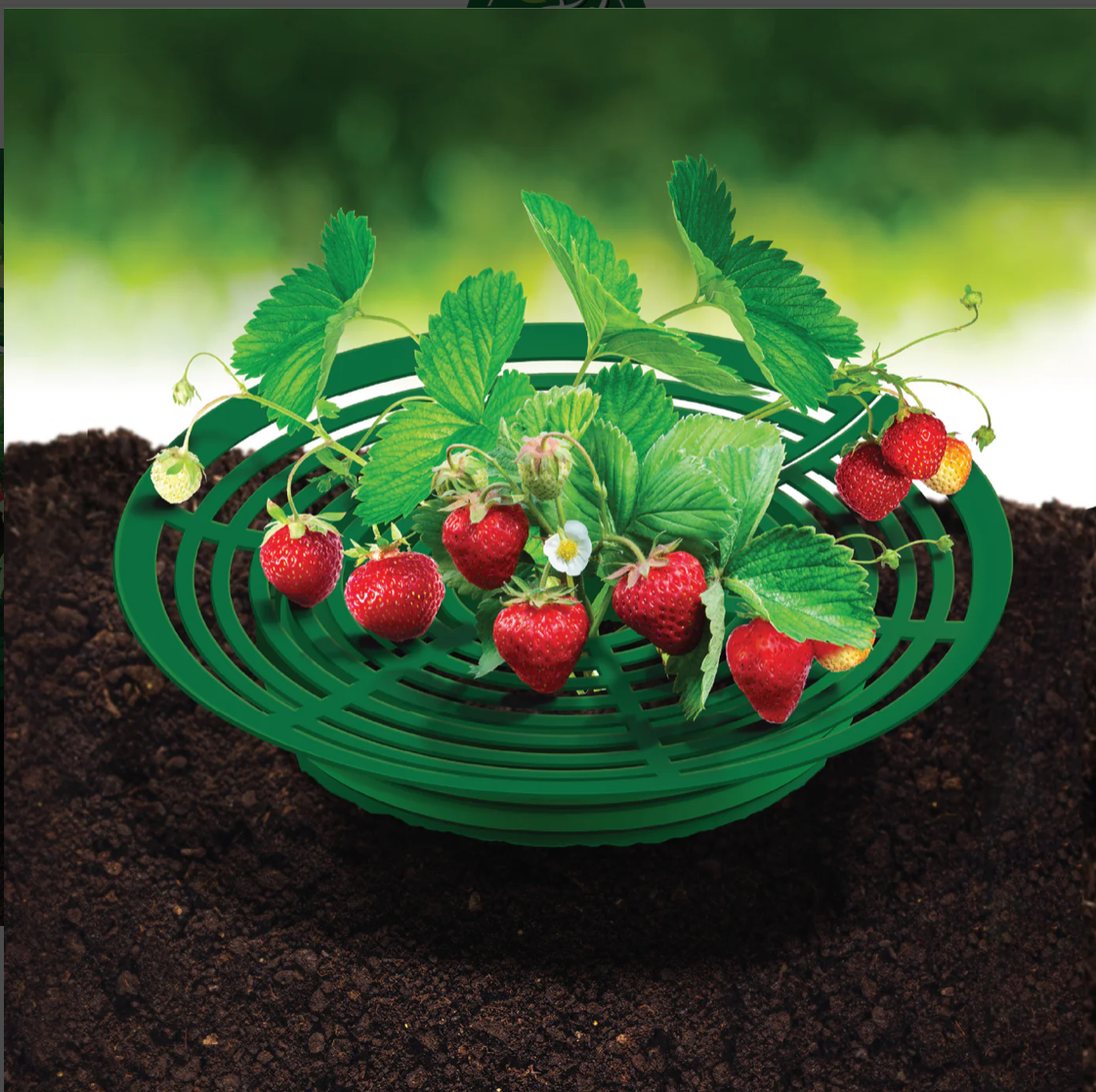Introduction
Hydroponics is changing the way we think about growing plants, offering a soil-free, space-efficient method that’s gaining popularity among gardeners, farmers, and urban growers. This innovative approach uses water and nutrient solutions to grow plants, making it an excellent option for those with limited space or a desire to grow crops year-round.
Let’s explore what hydroponics is, how it works, and why it’s becoming a go-to solution for sustainable and efficient gardening.
What Is Hydroponics?
Hydroponics is a method of growing plants without soil. Instead of relying on traditional dirt-based gardening, plants are cultivated in a nutrient-rich water solution. The roots are directly exposed to water, oxygen, and essential nutrients, allowing for precise control over the growing environment.
There are several types of hydroponic systems, including:
- Deep Water Culture (DWC): Plants are suspended in a water reservoir, with their roots fully submerged in a nutrient solution.
- Nutrient Film Technique (NFT): A thin stream of nutrient solution flows over the roots, providing constant nourishment.
- Drip Systems: Nutrients are delivered directly to the plant roots through a drip irrigation system.
- Aeroponics: Plants are suspended in air, and nutrients are delivered as a fine mist.
Each system offers unique benefits and can be tailored to fit different needs, whether you’re growing herbs in your kitchen or managing a large-scale farm.
Why Is Hydroponics Trending?
Hydroponics is trending for several reasons, from its environmental benefits to its ability to meet the challenges of modern food production. Here’s why more people are embracing this innovative method:
Efficient Use of Space
Hydroponics allows plants to grow vertically, making it ideal for urban areas where space is limited. By stacking plants or using vertical gardens, growers can produce large yields in small areas.
Faster Growth
Because nutrients are delivered directly to the roots, plants grown hydroponically often grow faster than those in soil. This can result in quicker harvests and higher productivity.
Water Conservation
Hydroponic systems use up to 90% less water than traditional soil gardening. Water is recirculated within the system, reducing waste and making it an eco-friendly choice.
Year-Round Growing
Hydroponics eliminates the need for soil and outdoor conditions, allowing plants to be grown indoors under controlled lighting and temperature. This makes it possible to cultivate crops year-round, regardless of weather or season.
Fewer Pests and Diseases
Without soil, many common pests and diseases are avoided, leading to healthier plants and reduced need for pesticides.
Sustainable Food Production
Hydroponics supports sustainable farming practices by reducing the need for arable land, conserving water, and minimizing environmental impact. It’s particularly appealing in areas where soil quality is poor or water resources are limited.
Popular Crops Grown with Hydroponics
Hydroponics is versatile and can support a wide variety of crops. Commonly grown plants include:
- Leafy Greens: Lettuce, spinach, kale, and arugula grow particularly well in hydroponic systems.
- Herbs: Basil, mint, cilantro, and parsley thrive in water-based setups.
- Fruits and Vegetables: Strawberries, tomatoes, cucumbers, and peppers are popular choices.
- Microgreens: Fast-growing and nutrient-rich, microgreens are perfect for hydroponic gardening.
Whether for personal use or commercial farming, these crops demonstrate the adaptability of hydroponics.
Hydroponics and the Future of Farming
The growing popularity of hydroponics reflects a broader shift toward innovative agricultural practices. As urbanization increases and climate change impacts traditional farming, hydroponics offers a sustainable solution for growing fresh produce. Its ability to conserve water, maximize space, and reduce environmental impact makes it a promising option for the future of food production.
Conclusion
Hydroponics is much more than a gardening trend—it’s a revolutionary approach to growing plants that meets the challenges of modern agriculture head-on. By offering a soil-free, efficient, and sustainable method of cultivation, hydroponics is helping gardeners and farmers alike produce fresh, healthy crops in ways that were previously unimaginable.
Whether you’re a beginner curious about growing herbs at home or an experienced grower looking to expand your garden, hydroponics opens a world of possibilities.
